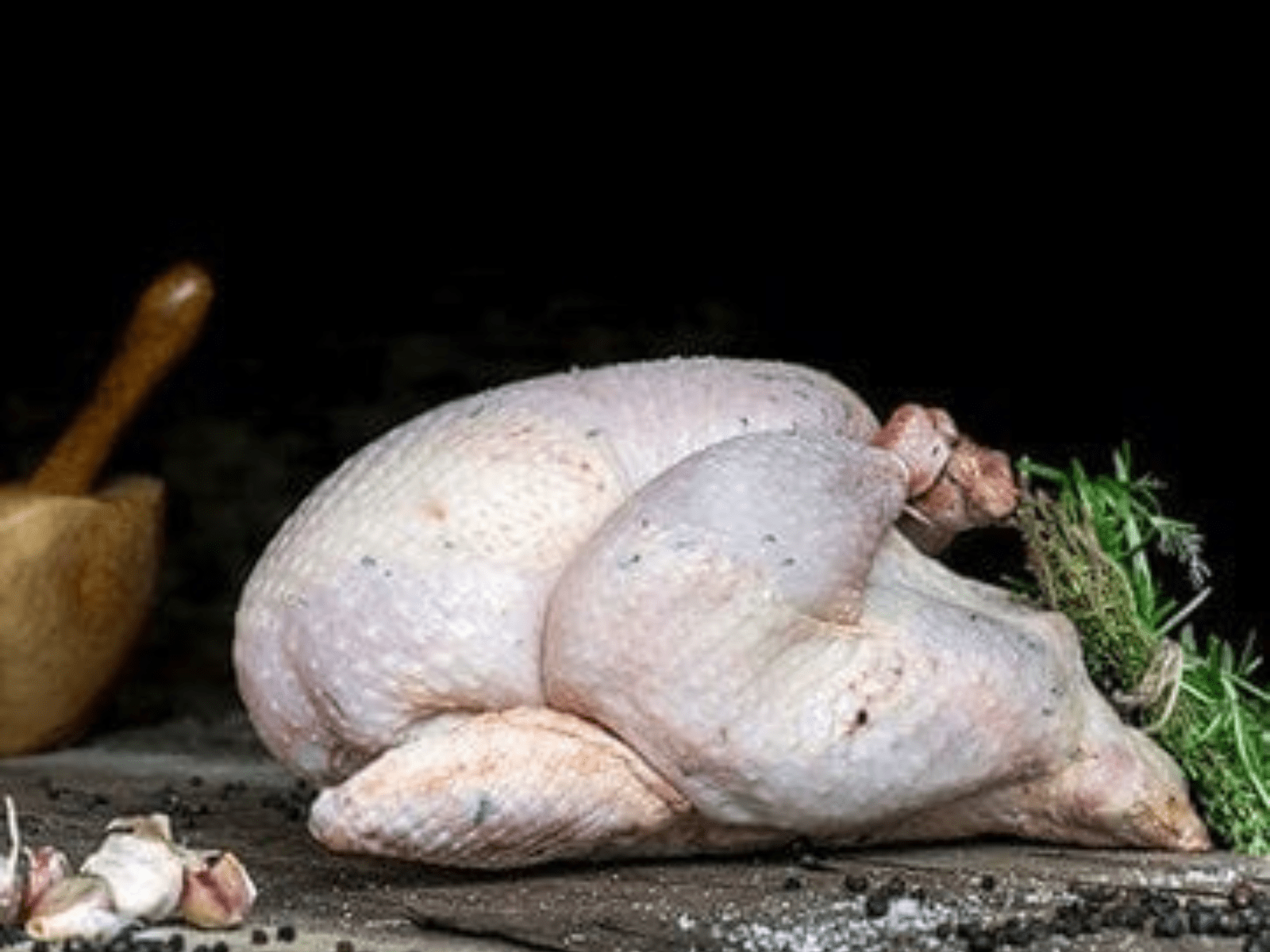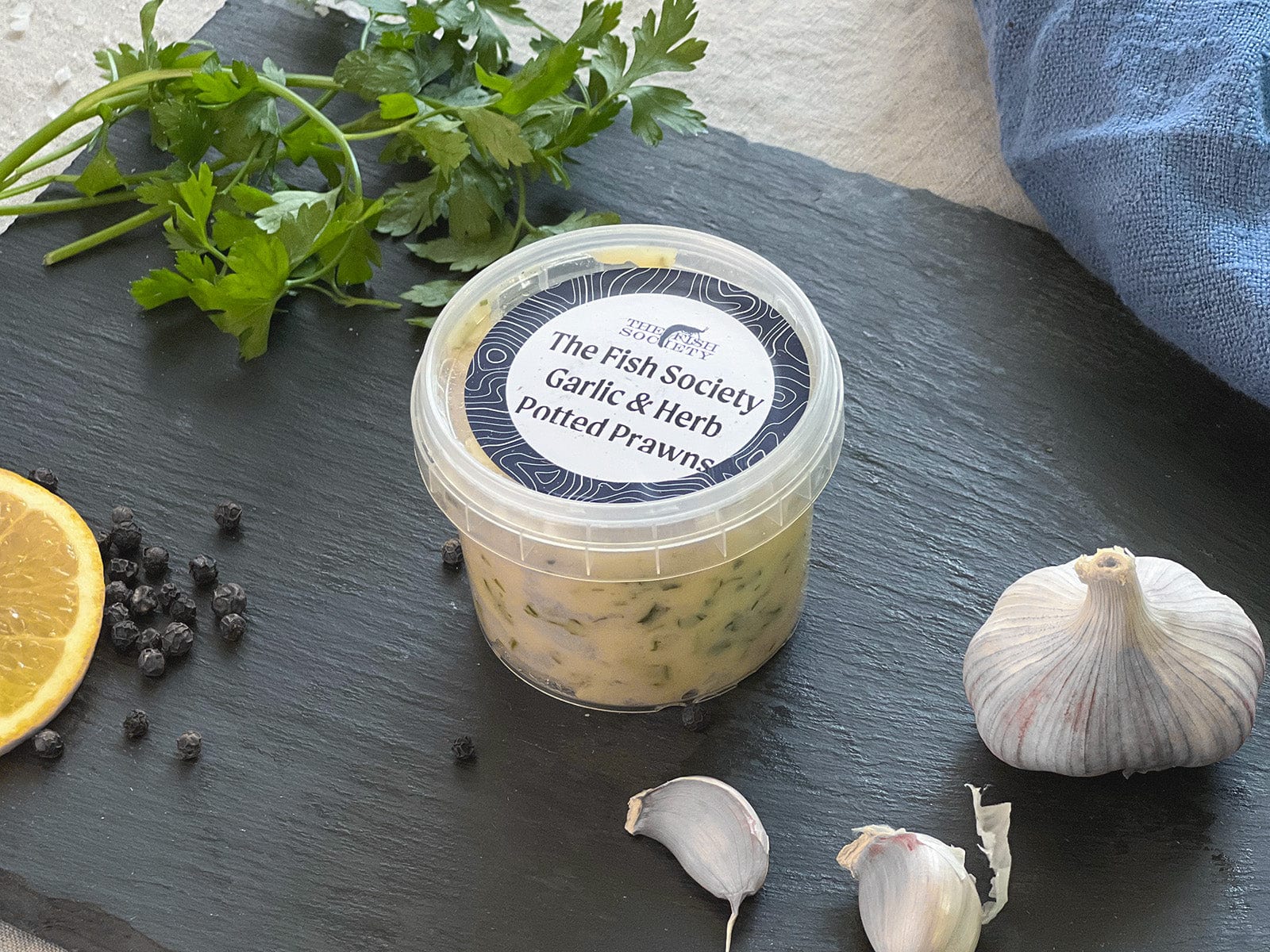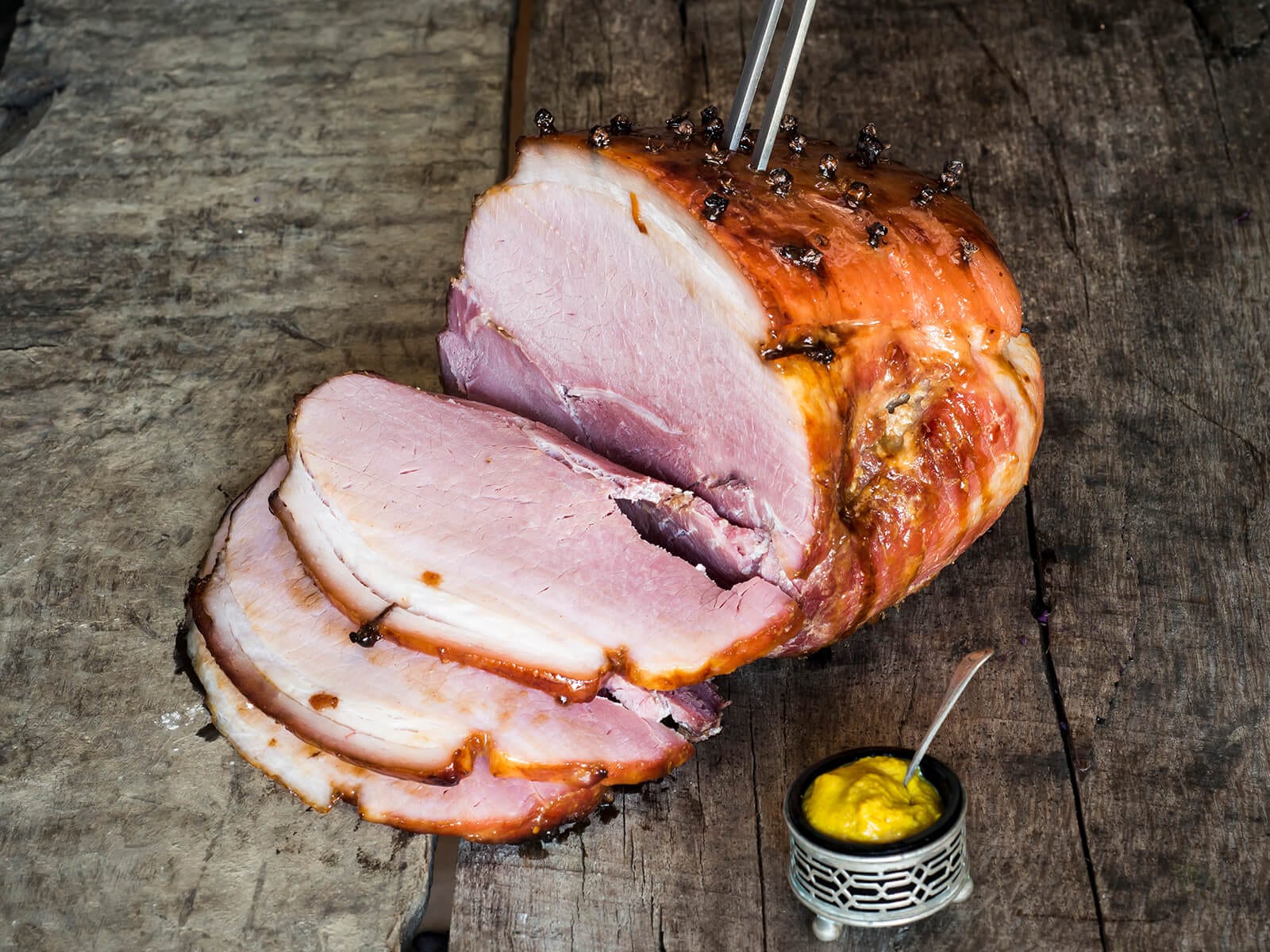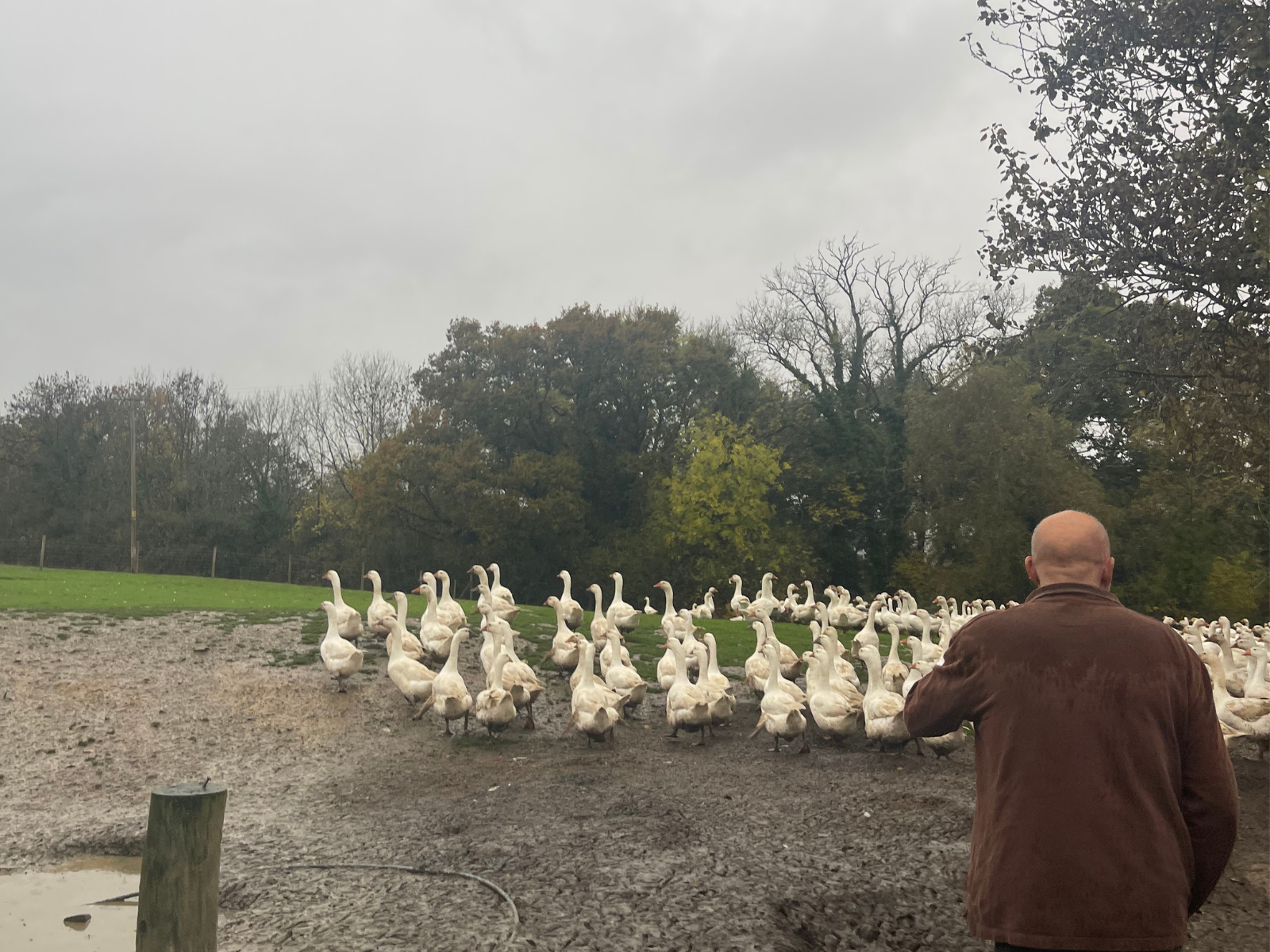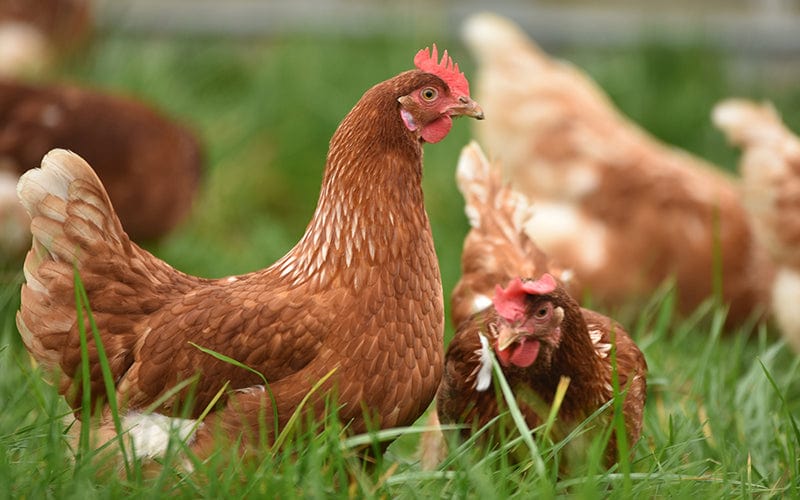Boost Your Mental Health In Winter
Shake off Blue Monday with these winter wellness ideas for boosting your mental health.
Today is Blue Monday, supposedly the most depressing day of the year when our post-Christmas finances are stretched and we are in the depths of the darkest months. Whether Blue Monday is a real thing or a marketing strategy designed to sell gym memberships and foreign holidays, it is true that winter's chilly embrace can sometimes cast a shadow on our mental well-being. The seasonal shift, with its shorter days and longer nights, can impact our mood and energy levels. However, with mindful practices and intentional self-care, winter can become a season of restoration and mental rejuvenation.
Many people struggle with low mood or lack of motivation in the dark winter months for good reason. The reduced daylight of winter can disrupt our circadian rhythm and affect serotonin and melatonin levels, neurotransmitters that play a crucial role in regulating mood and sleep.

Find The Light
To combat the winter blues, there is a simple life hack that is claimed to transform your sleep and mood. Exposure to up to 10 minutes of natural daylight in the morning helps activate cortisol and regulate melatonin production in the body - two things that are so important for a regular sleeping pattern.
Daylight also ups your Vitamin D levels, a deficit of which has been linked to low mood and depression
Maximise your exposure to daylight by opening your curtains as soon as the day breaks and give your windows a scrub to ensure your house is as bright as the winter gloom allows.

Stay Active
Darker days that increase our natural melatonin levels make us feel more sluggish and sleepy which can lead to a lack of motivation to stay active, but maintaining activity levels during winter is essential for our mental and physical health. Those of us who own a dog know that however much resistance you may feel before heading out in the cold and rain, a walk always leaves a little glow when you get back.
Exercise releases endorphins, the body's natural mood lifters and exercising in cold weather also makes your immune system work harder and improves your body's ability to fight infection.
Indoor workouts, like yoga, may be more palatable when the weather turns wet and cold, but the restorative benefits to being outside, like increased vitamin D and improved mental health means that if you can aim for three outdoor exercise sessions per week, you will feel the all-round health benefits.
Just make sure that you pay particular attention to your warm-up routine and stretch well before exercising in cold weather to prepare cold muscles for movement.

Nourish Your Body
The excesses of Christmas can leave us feeling sluggish and unmotivated and with the known link between a diet high in UPF and an increased risk of mental health difficulties such as depression, nourishing your body with the right foods is even more important in the winter months.
Concentrate on introducing foods that support physical and mental wellbeing to your diet rather than embarking on a faddy post-Christmas diet which could be unsustainable, unhealthy and cause increased negative feelings.
Omega-3 fatty acids found in oil fish, flaxseeds, and walnuts have been linked to improved mood and cognitive function. Leafy green vegetables are high in folate, the deficiency of which has been linked to depression and decreased brain health. Food rich in probiotics and prebiotics, like fermented foods, bone broth and vegetables from the allium family support gut health, immune function and improved mental health.

Prioritise Sleep
For those amongst us who love our bed, you’ll be pleased to know it’s not laziness that makes us struggle to get up in the morning on these dark mornings, but we may actually need more sleep in winter after all.
For optimum health, establish a consistent bedtime routine, and aim for 7-9 hours of quality sleep each night. Avoid screens for at least half an hour before going to sleep and ensure your bedroom is not too hot from central heating - a cool bedroom leads to a more restful night's sleep . Quality sleep enhances mood, cognitive function, and overall mental resilience.

Cultivate Connection
Combat the potential isolation that winter can bring by prioritising social connections. The cold may make some activities more challenging, but find ways to connect with friends and family. Take the opportunity to discover and nurture hobbies that not only provide a personal sense of fulfilment but also facilitate social contact. Don't confine yourself to indoor pursuits; consider exploring outdoor activities that allow you to fully embrace the joys and beauty of winter. Joining rambling groups, trying winter photography, or even venturing into the chilly waters of wild swimming can not only combat isolation but give you a renewed sense of purpose and connection.




